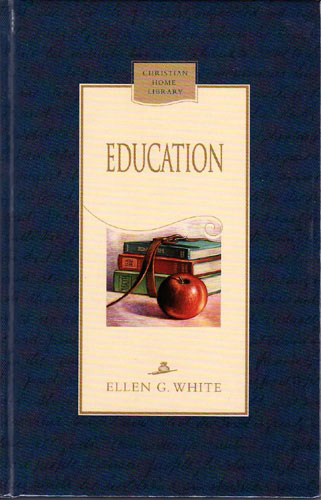"The vast majority of the world's books, music, films, television and art, you will never see."
Yesterday, a friend shared with me a very interesting NPR article. This article convinced me that I should not use my 1-Million-Page Challenge to attempt to read all the great books in the world . I was aware (to a certain extent) of the facts highlighted in this article. However, reading this article helped me to think about these facts very differently. Basically, the author clearly articulates why no one can ever read most of the great books in the world, not even one percent. In fact, even after I read the 2,500 books in 10 years, I would have not read much of the great books in the world. Yes, I would have read much more than the average person but I would have read very little of what the world has to offer.
After reading this article, I'm convinced that I should not try to read all or even most of the world's great books. It's impossible! It can never be done! However, my goal should be to read as much books as I need to read so that I can equip myself to achieve my life goals. If reading all the world's greatest books is impossible (which it is), then I will at least read as much books as I need to read in order to optimize my life. I think reading at least 2,500 books in my lifetime is probably good enough for that, don't you think?
Click here to read the NPR article by Linda Holmes.

















